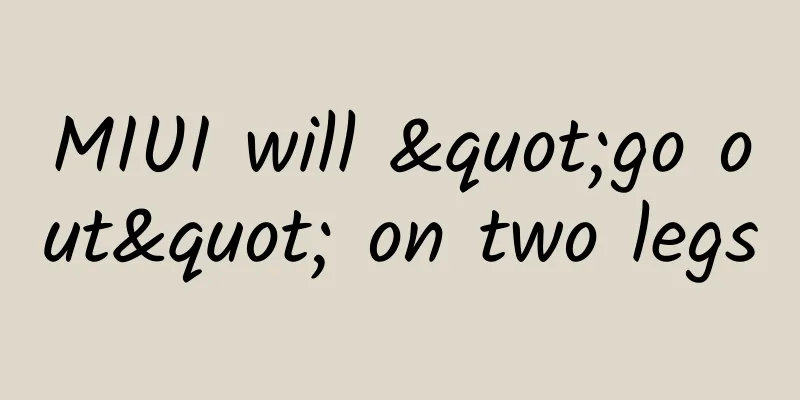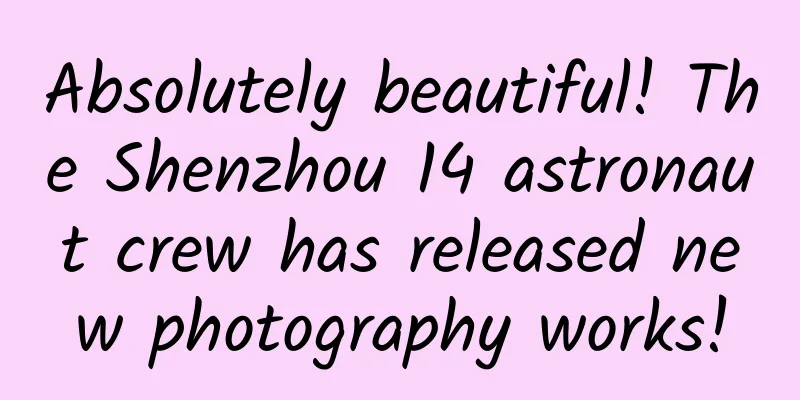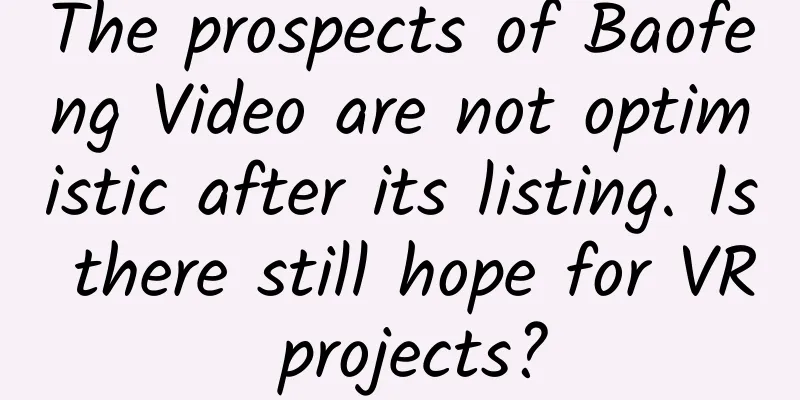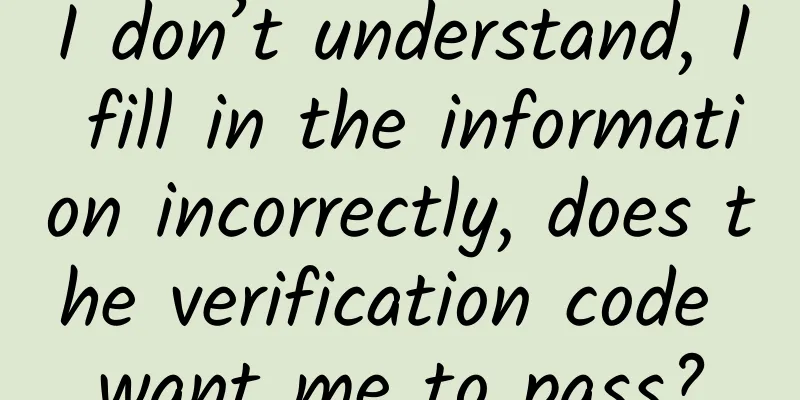Technical interview strategies worth reading

|
Neil Roseman is tired of Silicon Valley companies' slogan of "We only want the best and brightest talents." Because no matter how much they emphasize, when it comes to recruiting, most people still rely on their intuition and the basic qualifications of the applicants, such as GPA, whether they are from an Ivy League school, whether they have work experience in a big company - even SAT scores. Roseman doesn't care about such assessment standards. For Roseman, who was the vice president of technology at Amazon and Zynga and has interviewed hundreds of people, every step of the interview needs to be designed meticulously. Only in this way can we dig out candidates with real talents, who fit the corporate culture and have great potential from the interview. Below, Roseman shares his interview philosophy and analyzes how he selects talents. At an altitude of 10,000 feet When it comes to interviewing, there are some basic organizational principles to follow that will help you develop a clear plan.
The Right Way to Screen Resumes and Design Questions Resumes are usually the first step. However, resumes do not fully reflect the true level of candidates. Roseman recommends an in-depth resume screening stage. “Most teams have very little understanding of how to read a resume, find the target entry and dig deeper into it.” When screening resumes, Roseman looks for areas where candidates can improve in the future. He looks for quantifiable items on resumes, such as "increase sales by 50%." Roseman believes that it is important to find out what the candidate has actually accomplished, not just as an observer or participant. Even in a great company, there is a big difference between the backbone and the supporting employees. In many cases, this will also immediately reveal how well the candidate understands themselves and their responsibilities. If you are hiring a systems engineer, you need to know how much of the "increase system availability by 50%" he or she was involved in. A good candidate will be able to explain what he or she claims to have accomplished, no matter how deep you dig. A specific example is that when Roseman saw the sentence "led a team of 3 engineers to complete a massively scalable storage infrastructure, which is widely used in various Google products" on the resume, Roseman chose to ask the candidate to draw a structural diagram of the infrastructure on the whiteboard and mark which parts were completed by him. Then Roseman asked questions about those aspects to test how much the candidate knew. In summary, in a technical interview, you should ask questions that can demonstrate their contributions, behaviors, and decision-making. The specific steps are as follows:
Roseman added that he would look for projects that are substantial and in-depth enough to ask questions using the STAR method—STAR stands for Situation, Task, Actions, and Results. The specific questions are:
Additionally, when reading your resume before an interview, you should also find out whether the projects or products listed on your resume, whether successful or not, will be beneficial to your own company. Technical questions and interviews Roseman often hears the first question from the recruitment manager is to ask the applicant to introduce his resume. Roseman does not think this is a valuable question. Roseman's suggestion is that the interviewer should introduce himself first and state the purpose of the interview. In this way, both parties can also eliminate tension and get the applicant into the right state. After the introduction, Roseman will directly enter the interview of technical questions. He believes that for an engineering position, the main reason for failure is often due to poor technical skills, so it is first important to find out the technical level of the candidate. Roseman first focuses on the areas in which the candidate excels. For example, if he is good at writing code, ask a programming question. It is important not to ask a completely new question that you have not asked someone in a non-interview situation. Because you will have no idea how to guide the other person to complete the question, it will be difficult to judge whether the answer is good or not. Especially now, there are a lot of interview question banks on the Internet. Candidates can get a lot of information from websites such as Glassdoor or Quora. Roseman believes that it is okay to find questions from these resources, but you must be able to carve them into your own questions. The whole team should sit down and discuss the selection and modification of questions. The questions you ask should be able to start from a high level and continue to dig down. Even if the candidate has seen the question before, your in-depth questions can get different information. As for original questions, Roseman's advice is to have candidates try to solve some real problems faced by your company. When he was at Amazon, Roseman often asked a design question about the "recommendation" system (recommending users other products that they are more likely to buy based on their purchase history). Roseman believes that a question about a product that people are familiar with can show whether the candidate is concerned about both the product and the solution. Roseman pays special attention to questions about product design. He believes that outstanding engineers should not only accept tasks, but also be able to participate in the product development process. Design questions can let you know how the candidate thinks. Roseman will ask candidates to write a small project management plan for a project they have participated in, or ask a general design question, such as how to design an ATM/elevator for the blind. Technical interviews also require good time allocation and rhythm. It is common to spend 45 minutes on a particularly complex query in a 60-minute interview. When it comes to culture fit and soft skills, one of Roseman’s favorite questions is: Do you consider yourself a lucky person? This is a question he asks no matter the position. Roseman explained that he had met many people who did not consider themselves lucky. They would complain that they were almost promoted, but unfortunately their superiors cancelled the project they were working on at the last moment; or they would find some other reasons for failure. Roseman is looking for job seekers who firmly believe that "opportunities only come to those who are prepared." They know how to plan ahead and then seize every opportunity to show themselves. This is especially valuable for startups. After the "lucky" question, Roseman usually has a follow-up question. Unlike the conventional "Where do you think your strengths and weaknesses are?", Roseman changes the way of asking questions. He will ask the applicant to think about what they would choose if they were asked to describe him with three adjectives by their teachers, colleagues, or superiors, and give specific examples. In response to the classic "self-assessment of strengths and weaknesses question", some people will answer that their weakness is that they work too hard. This way of asking questions avoids many of the drawbacks of the "strengths and weaknesses" question. Another point Roseman insists on is not to shorten the interview easily. Even if you have decided that this is not a suitable candidate after 15 minutes, you should complete the entire interview process. For the applicant, they will still benefit. On the other hand, if the candidate is clearly the best fit for the position, the closing should further increase his or her interest in the position. During the interview, it is important to be able to answer the candidate's questions well and convey your enthusiasm for the company.
Recruitment Team The quality of your recruiting team directly affects the overall quality of the employees you hire. Roseman believes that most companies don’t take the time to train current employees in interviewing skills. Roseman requires everyone on the recruiting team to meet with the applicant and take detailed notes during the interview. When everyone gets together, everyone votes and gives feedback. This collective deliberation time cannot be extended by the collective, and each interviewer should be concise while still having something to say. Roseman's requirements for his own recruiting team are: 1) If they cannot give comprehensive feedback, such as simply saying "this person is not bad" after the interview, then they are wasting everyone's time. 2) If you can't learn to be a good interviewer, either learn how to be a good interviewer or don't interview others. Roseman does not put pressure on applicants during interviews, but he is strict with his own team members on their performance in interviewing new people. Being a good interviewer is also a great opportunity for current employees to show that they can take on more responsibility and think deeply about the company. When making a hiring decision, the arguments presented need to be convincing. Roseman believes that this is a group decision and cannot be an overwhelming opinion from the hiring manager. No matter how high the Silicon Valley bar is, you shouldn’t require every new hire to have the ability to “float on water.” The simplest metric is that the new hire is better than the existing employee in the same position. What you want to achieve in the long run is to gradually raise the bar with each hire. As for employee recommendations, Roseman welcomes them and is happy to give employees referral bonuses. He believes this is the most effective and economical way to find outstanding talents. Roseman's Recruiting Philosophy Summary
|
>>: Six tips for navigation bars
Recommend
Low cost, high exposure, advertising optimization model!
How to optimize the effectiveness of advertising,...
11 types of locks and performance comparison in iOS development
[[221143]] In daily development, we often use mul...
If you are scratched or bitten by a cat or dog, what else should you do besides getting vaccinated?
...
Analysis of Xianyu's competitive products
The demand for second-hand goods market is growin...
This type of cancer is often diagnosed in the middle or late stages! Women must do this examination after the age of 30!
Recently, at the National Breast Cancer Conferenc...
Three principles for promotion data analysis!
The idea of promotion and delivery analysis is ...
How can programmers be respected?
[[129683]] I learned that an old classmate I hadn...
It’s endless. Seven more of its models were found to be involved in fraud. It’s time for Akio Toyoda to bow down again.
This is an era where boomerangs are flying everyw...
How to operate a WeChat community?
Socializing is a basic human need, and socializin...
Anyone can build their own AI robot from scratch
From driverless cars to software engineering, fro...
What are the common keywords for Baidu search promotion? Keyword classification!
What keywords can I choose? Keywords are used to ...
Accenture report: Vision of digital health technology
Accenture has released a new report, "Digita...
Complete collection of New Concept English course video tutorials, New Concept English New Oriental teaching videos!
Complete collection of New Concept English course...
DSP | Introduction to NetEase Youdao promotion products!
NetEase’s promotional products are divided into t...
Why do I feel more energetic after staying up late?
This article was reviewed by Zhao Wei, deputy chi...









